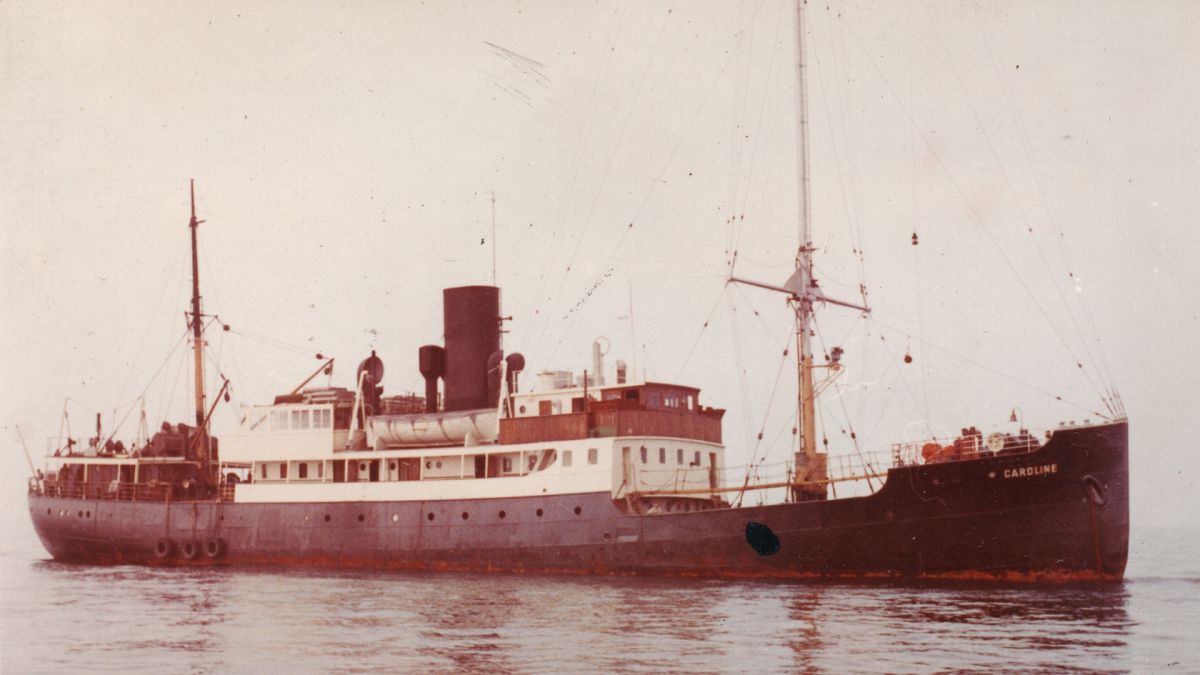On this day, authorities boarded Caroline, the pirate radio ship illegally broadcasting rock music to the British public.
3 March 1968: The day the authorities came for the radio pirates
It’s hard to emphasise just how different the way we discover music today is from the 60s. Now, almost every song in recording history is available to anyone with a subscription to Spotify, Tidal or just YouTube. Recommendations pass through TikTok trends and algorithm playlists.
The streaming generation is already lightyears from the recent memories of buying CDs from music shops with fans putting their taste together from a combination of music magazines, personal recommendations, and the chance discovery of a new CD.
Even this would have been liberating when compared to the music landscape of the early 60s in the United Kingdom. For a decade defined by shifting musical tastes, the new era of popular music from artists like The Beatles and The Rolling Stones wasn’t yet accessible from the solitary taste-maker, the radio.
That didn’t mean the appetite for hearing pop and rock music on the radio wasn’t there. And instead of waiting for heritage stations to change their ways, the entrepreneuring music fans of the day acted. They became pirates.
When I say pirates, I’m being literal. Pirate radio became popular in the 60s as radio DJs and presenters took to ships in the international waters near Britain to broadcast the songs they liked.
One of the first examples of a pirate radio station was Radio Luxembourg, which had run an English-language service since 1933 from Luxembourg to get around a strict monopoly on radio licensing. It’s still broadcasting today from its home in Luxembourg today.
But the first proper British pirate radio station was Radio Caroline. Founded by Irish businessman Ronan O'Rahilly and Australian music publisher Alan Crawford, Radio Caroline was broadcast from a boat off the Essex coast.
Radio Caroline set a trend for the 60s and by 1967 there were 10 different pirate radio stations broadcasting for a daily audience of up to 15 million people. Alongside Crawford’s ship the MV Mi Amigo, the pair’s boats had some of the brightest and best talents in music DJing come aboard to share their favourite tracks of the day.
The pirate radio stations also became known for their raucous atmospheres and rock n’ roll parties. Everything was going well and in the spirit of the 60s until in 1967, the law came knocking.
The British government legislated against pirate radio stations, making their broadcasts illegal. The move also had the BBC open up its radio offering, setting up the Radio 1 station to play pop and rock music. Many of Radio Caroline’s presenters were employed by Radio 1.
In one sense, the original goal of the pirate radio stations had been achieved, rock music was on popular commercial radio. But in another, it was the death of an era of anarchic music lovers taking control over the channels the public defined their music tastes.
On this day in 1968, authorities boarded and seized the Caroline and Mi Amigo ships and towed them to a salvage company in the Netherlands.
While that might have been the death of the original version of pirate radio, it continues to this day. Offshore stations may have become illegal, but land-based pirate radio stations continue to proliferate as music fans refuse to wait for permission to broadcast. The launch of the Dread Broadcasting Corporation (DBC) in 1980 signified Britain’s first black owned radio station, playing music for the Black community of London.
Radio Caroline is still broadcasting to this day. The story of the days before the raid in 1968 has been liberally fictionalised in the 2009 Richard Curtis film The Boat that Rocked.



